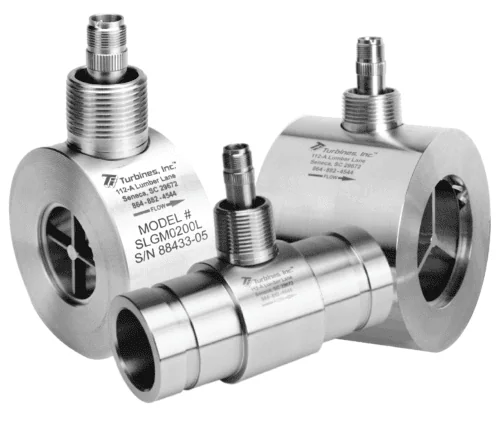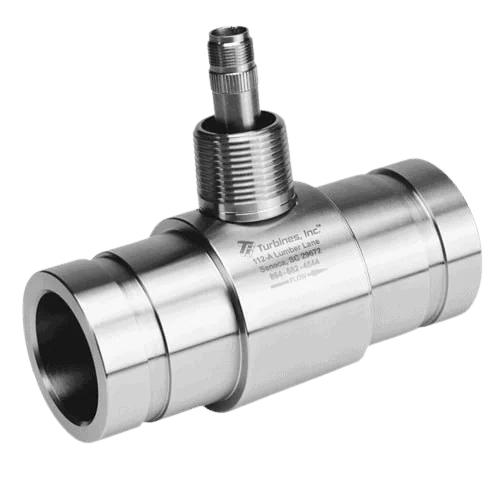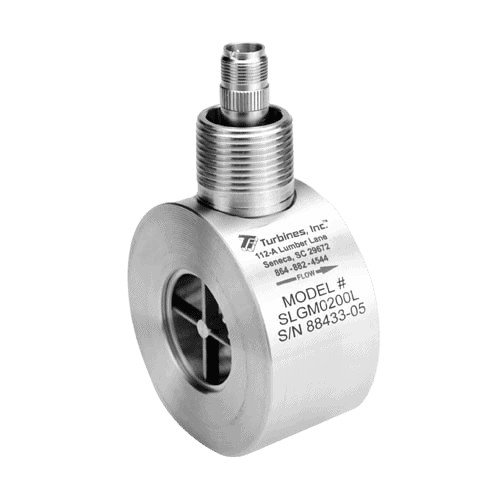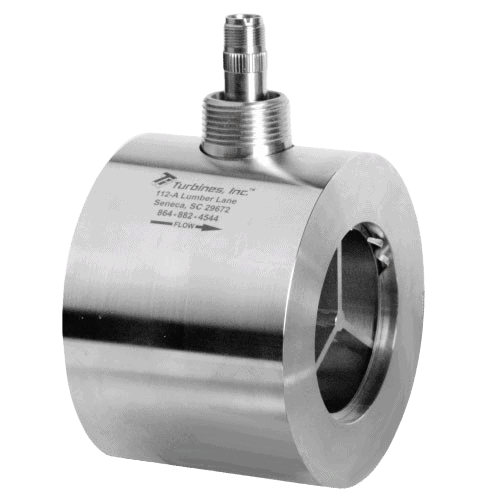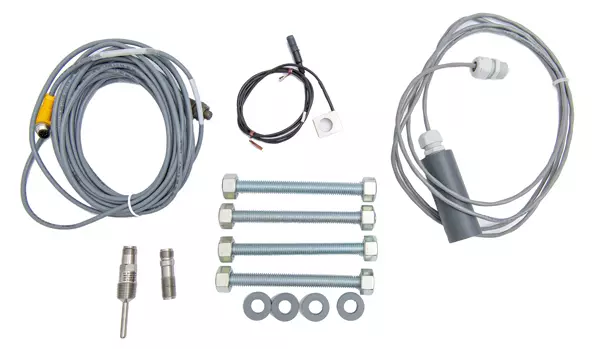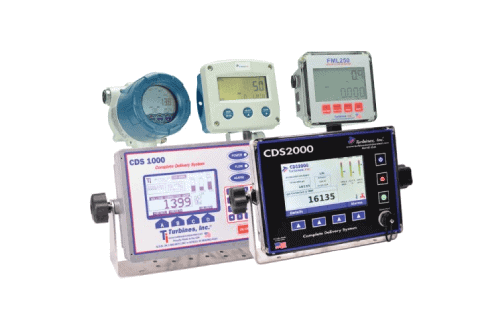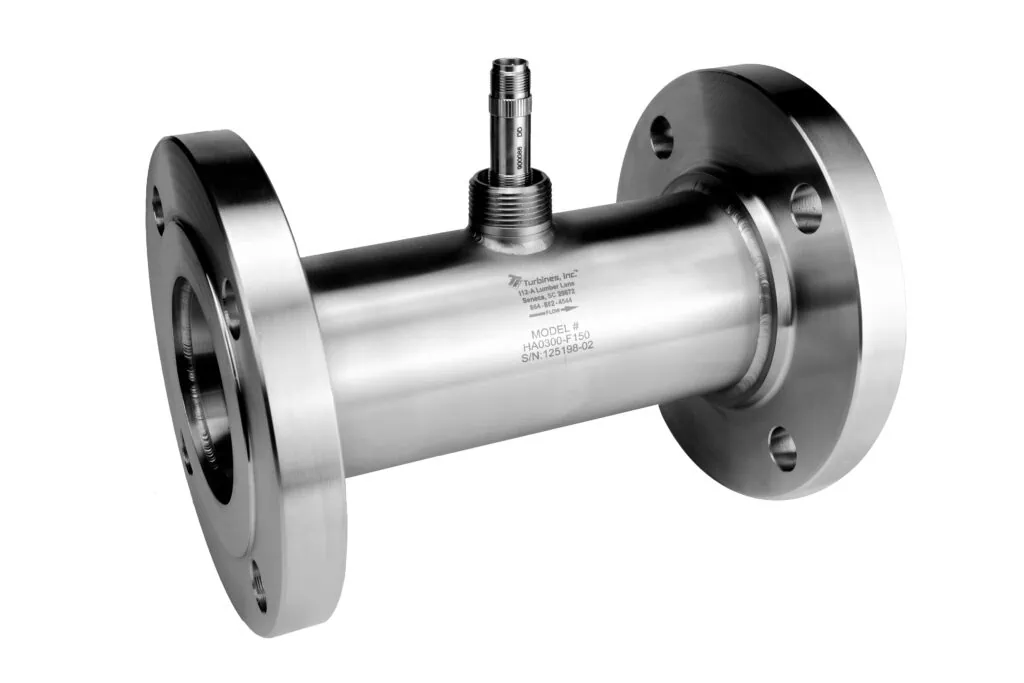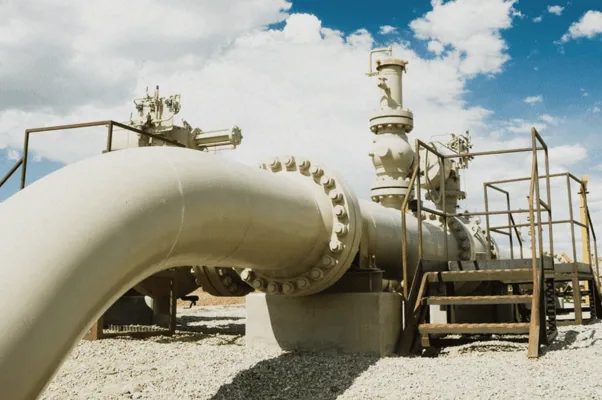CO₂ is essential in manufacturing for precise process control, cost efficiency, and environmental compliance. Industries use thermal mass, Coriolis, or differential pressure flow meters to monitor CO₂ usage in welding, carbonation, and cooling applications. Accurate measurement ensures consistent production quality, reduces waste, and supports sustainability initiatives.
Gas Flow Meters
Measuring a Multitude of Industrial and Environmental Process Gases
Turbines, Inc.’s gas flow meters provide excellent performance measuring a multitude of industrial and environmental process gases such as but not limited to CO2, natural gas, steam and air. Our gas flow meters offer seamless operation with minimal maintenance, and cover a flow range from 0.5 to 12,000 ACFM. All our meters offer exceptional linearity, well-engineered design, and ease of integration into existing systems, leading to reduced downtime and enhanced productivity. Each gas meter is provided with a NIST gas traceable calibration to assure optimal performance for your application.
Product Catalog
Related Products
Gas Meter Data Sheets
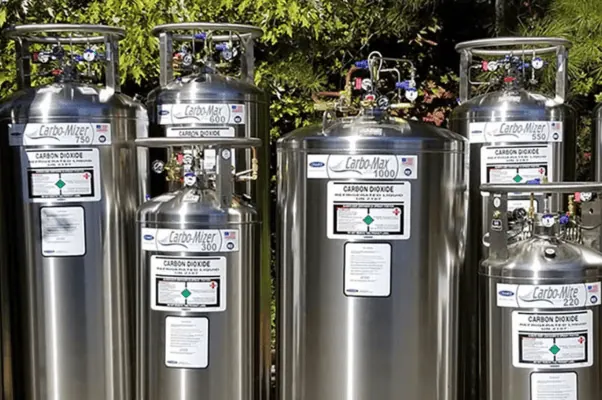
Co2 Gas Flow Measurement
Need help finding a flow meter?
We can help guide you to the correct solution for your business needs, whether you are looking for product information, data sheets, repair information we are available to help!
